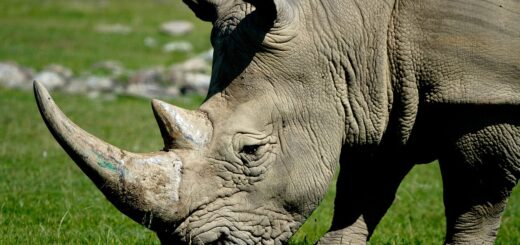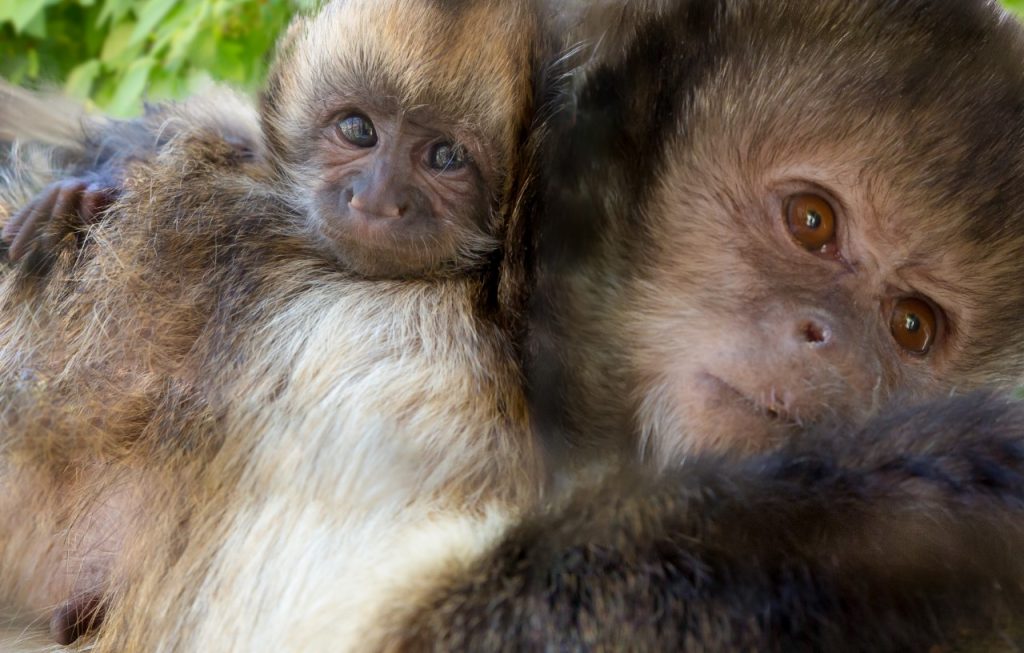Fecal glucocorticoid metabolites and their association with fecal microbiome in western lowland gorillas (Gorilla gorilla gorilla) housed in US zoos
Citation
Prado NA, Bennett-Boehm M, Moresco A, Ange-van Heugten K, Clayton J, Eschweiler K, and Brown JL. 2023. Fecal glucocorticoid metabolites and their association with fecal microbiome in western lowland gorillas (Gorilla gorilla gorilla) housed in US zoos. In Brooks M, Fidgett A, Kendrick E, Treiber K Eds. Proceedings of the Fifteenth Conference on Zoo and Wildlife Nutrition, Zoo and Wildlife Nutrition Foundation and AZA Nutrition Advisory Group, Hybrid.
Abstract
Understanding and mediating health conditions in endangered species under human care is important to optimize welfare and ex-situ breeding, as animals experience novel stressors inherent to a captive environment. Some species are able to adapt to their new environment with little consequence, while others respond with behavioral changes and experience health concerns. Western lowland gorillas (Gorilla gorilla gorilla) under managed care have historically had moderate to high prevalence of cardiovascular disease, potential insulin resistance, obesity, and various other health concerns that may be linked to captive diet composition and sedentary lifestyles (Lowenstine et al., 2016). The gut microbiome of animals is also impacted by management under human care. Animals under human care often have less diverse gut microbiomes than their wild counterparts. Research in humans and model organisms has shown that disruption to the gut microbiome can affect stress, a range of health issues, and has been shown to be important to immune health, metabolism, and hormone regulation. In turn, stress can have an effect on the gastrointestinal tract.
 23_Prado.pdf 17 KB
23_Prado.pdf 17 KB








